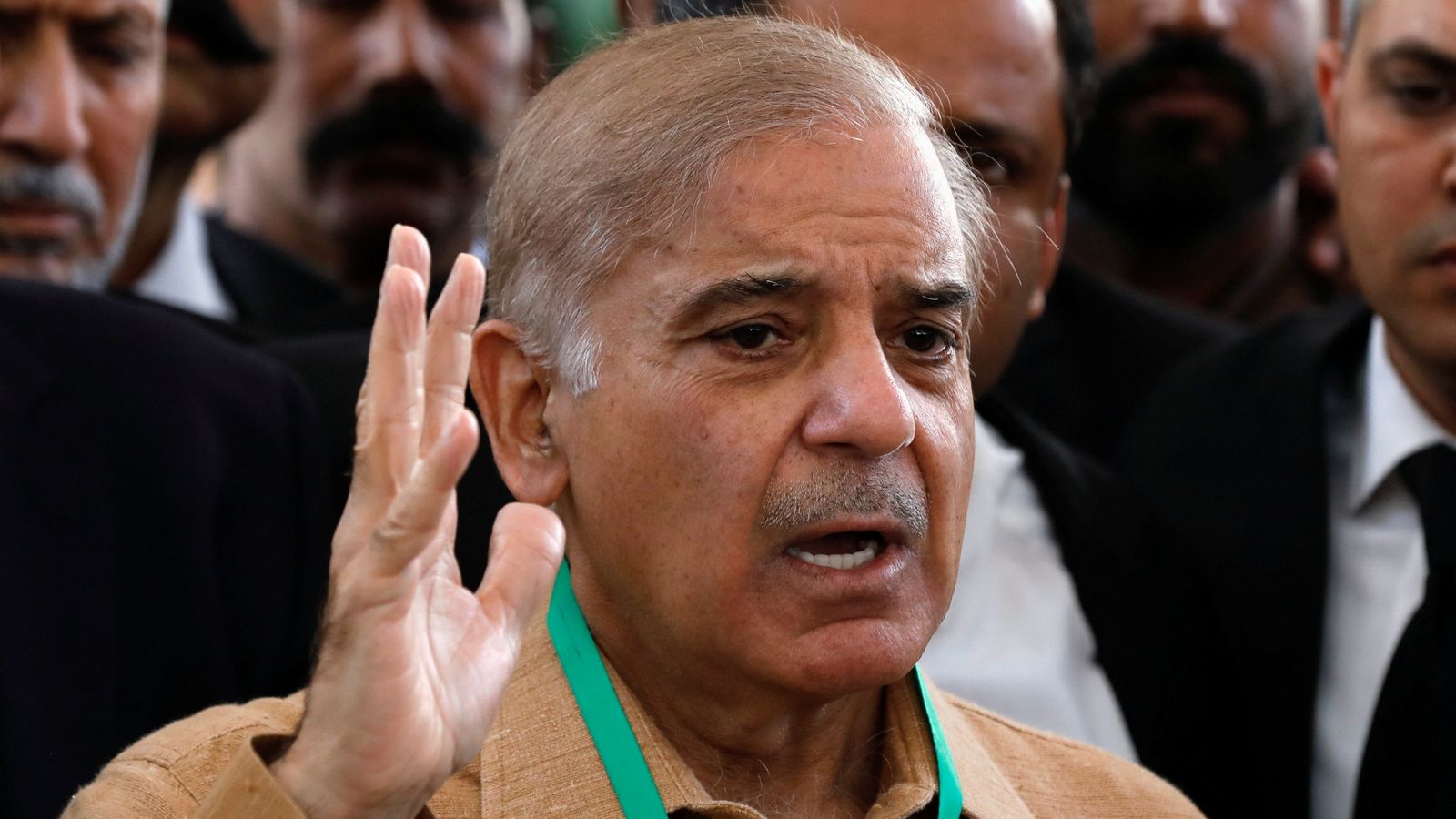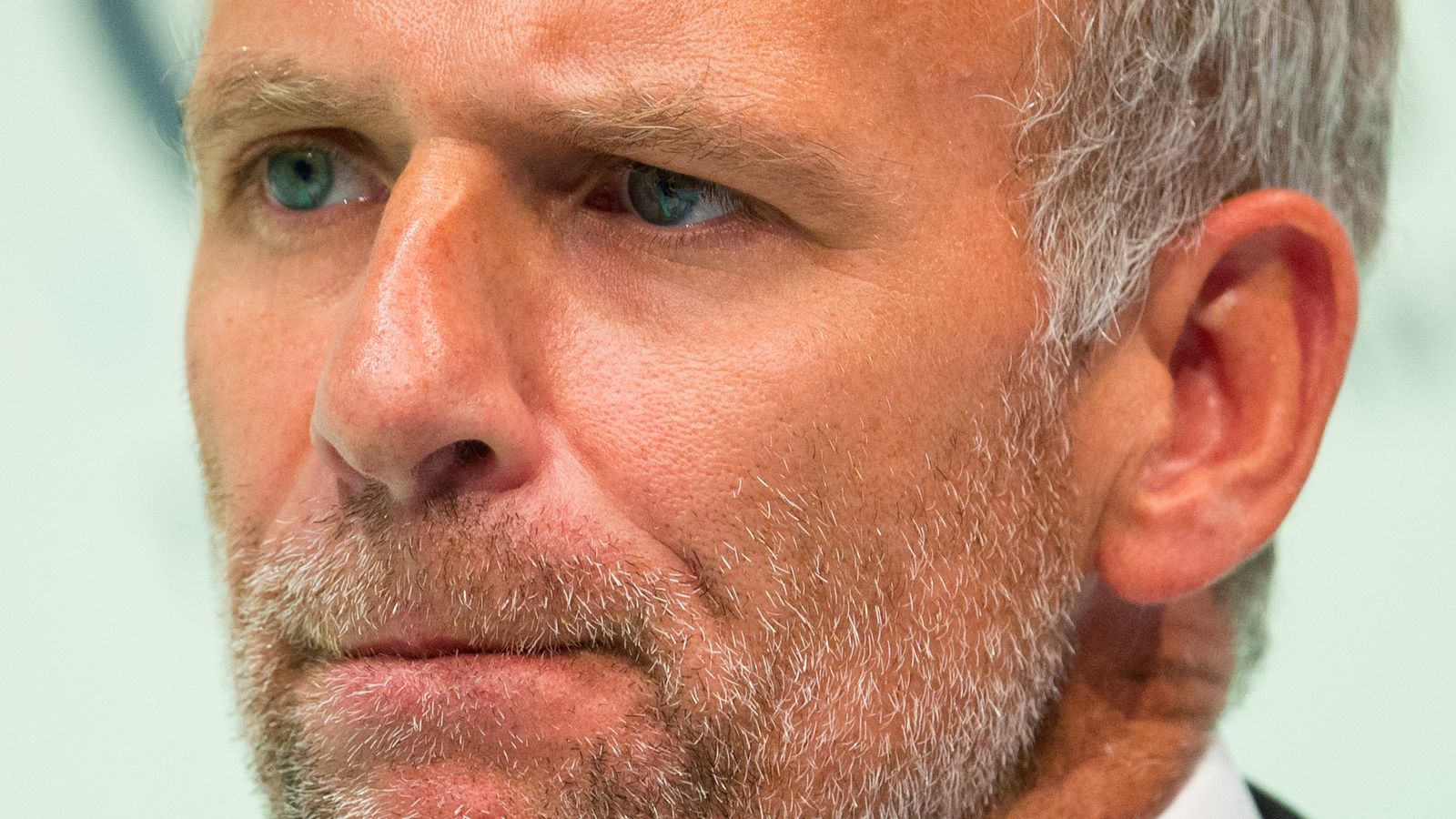Shahbaz Sharif is the new prime minister of Pakistan, replacing the ousted Imran Khan.
He was elected with 174 votes in favour after more than 100 politicians from Mr Khan’s party walked out of the national assembly in protest.
Mr Shahbaz, 70, is the younger brother of three-time prime minister Nawaz Sharif, and led the bid by the opposition parties to remove Mr Khan.
Elected to the assembly in 1990, he fled Pakistan after the military coup nine years later before returning in 2007.
Mr Khan, the cricket star turned politician became the first Pakistani prime minister to be ousted by a no-confidence vote in the early hours of Sunday after a 13-hour parliamentary session.
He had been in office since 2018 but opponents blamed him for failing to revive the economy and tackle corruption.
Mr Khan has accused critics of colluding with the US to unseat him but has provided no evidence, and urged people to take to the streets in protest.
Imran Khan: Pakistan PM breaks silence after being ousted for losing no confidence vote
Pakistan’s PM Imran Khan tipped to lose no-confidence vote
Pakistan president dissolves parliament as PM Imran Khan ducks no-confidence move
Thousands of his supporters did exactly that in cities such as Karachi, Lahore and Peshawar in demonstrations that went on until the early hours of Monday.
They blocked roads and shouted slogans against rival parties and the US government.
Hundreds also gathered outside the London home of Nawaz Sharif on Sunday.
After losing the vote late on Saturday night, Mr Khan tweeted on Sunday: “Pakistan became an independent state in 1947; but the freedom struggle begins again today against a foreign conspiracy of regime change.
“It is always the people of the country who defend their sovereignty and democracy.”
Shahbaz Sharif submitted his nomination to be Pakistan’s next prime minister on Sunday, a move endorsed by other opposition parties.
But Mr Khan’s party also submitted papers nominating the former foreign minister as a candidate, saying their members of parliament would resign en masse should he lose, potentially triggering urgent by-elections.
Please use Chrome browser for a more accessible video player
Mr Khan had clung on for almost a week after a united opposition first tried to remove him.
Nawaz Sharif’s last spell in office ended in 2017, when he was barred by the country’s Supreme Court from holding public office following financial details revealed in the Panama Papers.
He went abroad for medical treatment after serving just a few months of a 10-year jail sentence for corruption, while his brother became leader of the PML-N party.
The military has ruled the country of 220 million people for almost half its nearly 75-year history.






